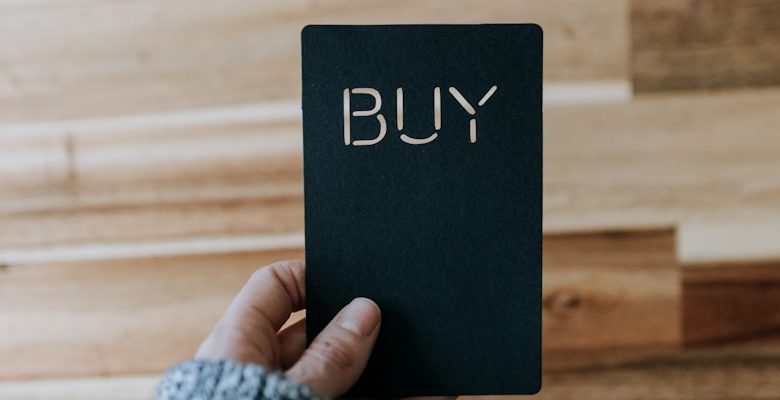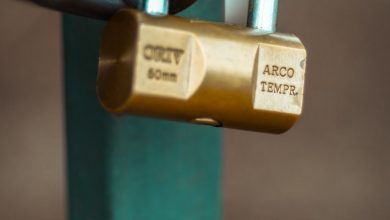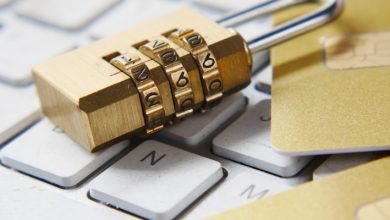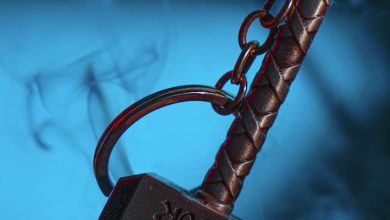Best Practices for Keeping Your Crypto Safe

- Understanding the importance of securing your cryptocurrency assets
- Implementing strong passwords and two-factor authentication for added security
- Choosing reputable cryptocurrency exchanges and wallets
- Backing up your private keys and storing them securely
- Keeping your software and devices up to date to prevent security vulnerabilities
- Being cautious of phishing scams and other common security threats in the crypto space
Understanding the importance of securing your cryptocurrency assets
It is crucial to understand the significance of securing your cryptocurrency assets in order to protect your investments and avoid potential risks. By taking the necessary precautions, you can safeguard your digital assets from hackers, scammers, and other malicious actors.
One of the best practices for keeping your crypto safe is to use a hardware wallet, which is a physical device that stores your private keys offline. This provides an extra layer of security compared to using an online wallet or exchange, as it is less vulnerable to cyber attacks.
Additionally, enabling two-factor authentication (2FA) on your accounts can help prevent unauthorized access to your cryptocurrency holdings. By requiring a second form of verification, such as a text message or email code, you can further protect your assets from being compromised.
Regularly updating your software and firmware is another important step in securing your crypto assets. By installing the latest security patches and updates, you can reduce the risk of vulnerabilities that could be exploited by hackers.
Lastly, practicing good internet security habits, such as using strong, unique passwords and being cautious of phishing attempts, can help keep your cryptocurrency assets safe. By staying informed and proactive, you can mitigate the risks associated with storing and trading digital currencies.
Implementing strong passwords and two-factor authentication for added security
Implementing strong passwords and two-factor authentication is crucial when it comes to safeguarding your cryptocurrency assets. Strong passwords should be unique, complex, and difficult to guess. Avoid using easily accessible information such as your name, birthdate, or common phrases. Instead, opt for a combination of letters, numbers, and special characters.
Furthermore, enabling two-factor authentication provides an extra layer of security by requiring users to provide two forms of identification before accessing their accounts. This typically involves something you know (like a password) and something you have (like a code sent to your phone). By utilizing this additional security measure, you can significantly reduce the risk of unauthorized access to your crypto wallets.
It is essential to regularly update your passwords and ensure that they are not reused across multiple accounts. This practice helps mitigate the impact of potential security breaches and minimizes the chances of unauthorized access to your sensitive information. Additionally, consider using a password manager to securely store and manage your login credentials for various platforms.
By implementing strong passwords and two-factor authentication, you can enhance the security of your cryptocurrency holdings and protect yourself from potential cyber threats. These simple yet effective measures can go a long way in keeping your crypto assets safe and secure in the digital landscape.
Choosing reputable cryptocurrency exchanges and wallets
When it comes to keeping your cryptocurrency safe, it is crucial to choose reputable exchanges and wallets. Cryptocurrency exchanges are online platforms where you can buy, sell, and trade cryptocurrencies. It is important to do thorough research before using an exchange to ensure that it is trustworthy and secure. Look for exchanges that have a good reputation in the crypto community and have strong security measures in place. Additionally, consider using hardware wallets or cold storage options for storing your cryptocurrencies. These wallets are offline devices that are considered to be highly secure as they are not connected to the internet, making them less vulnerable to hacking attempts. By choosing reputable exchanges and secure wallets, you can better protect your cryptocurrency investments from potential threats and risks.
Backing up your private keys and storing them securely
One of the most crucial aspects of keeping your cryptocurrency safe is properly backing up your private keys and storing them securely. Private keys are essentially the keys to your digital wallet, and losing access to them can result in losing all of your crypto assets.
When it comes to backing up your private keys, it’s essential to create multiple copies and store them in different secure locations. This way, if one backup is lost or compromised, you still have access to your keys through another backup.
There are several ways to back up your private keys, including writing them down on a piece of paper, storing them on a USB drive, or using a secure digital backup service. Whichever method you choose, make sure to encrypt your backups and keep them in a safe place that only you have access to.
It’s also important to regularly update your backups as you make changes to your cryptocurrency holdings or generate new keys. By staying on top of your backups, you can ensure that you always have access to your keys when you need them.
Keeping your software and devices up to date to prevent security vulnerabilities
It is crucial to regularly update your software and devices to ensure that you are protected from potential security vulnerabilities. By keeping your systems up to date, you can stay one step ahead of cyber threats and hackers who may try to exploit weaknesses in outdated software. This simple practice can help safeguard your crypto assets and personal information from unauthorized access or theft.
Updating your software is an essential part of maintaining a secure digital environment. Not only does it protect you from known vulnerabilities, but it also enhances the overall performance of your devices. By regularly installing updates and patches, you can ensure that your operating system, antivirus programs, and other software are equipped with the latest security features.
In addition to updating your software, it is also important to keep your devices themselves up to date. This includes installing firmware updates for your hardware, such as routers, smartphones, and other connected devices. These updates often include security enhancements that can help protect your devices from potential attacks.
By staying vigilant and proactive about keeping your software and devices up to date, you can minimize the risk of falling victim to security breaches or cyber attacks. Remember that cybersecurity is an ongoing process, and regular updates are a crucial part of your defense strategy. Take the time to regularly check for updates and install them promptly to keep your crypto assets safe and secure.
Being cautious of phishing scams and other common security threats in the crypto space
When dealing with cryptocurrencies, it is crucial to be cautious of phishing scams and other common security threats that exist in the crypto space. Phishing scams involve fraudulent attempts to obtain sensitive information such as passwords or private keys by posing as a trustworthy entity. These scams often come in the form of emails or messages that appear to be from legitimate sources, but in reality, they are designed to steal your crypto assets.
It is essential to always verify the legitimacy of any communication you receive regarding your crypto holdings. Be wary of any requests for personal information or login credentials, especially if they come unsolicited. Additionally, make sure to use two-factor authentication whenever possible to add an extra layer of security to your accounts.
Another common security threat in the crypto space is malware, which can infect your devices and compromise the security of your crypto wallets. To protect yourself from malware attacks, make sure to keep your antivirus software up to date and avoid clicking on suspicious links or downloading files from unknown sources.
By staying vigilant and following best practices for online security, you can help protect your crypto assets from falling into the hands of malicious actors. Remember to always do your due diligence and take the necessary precautions to safeguard your investments in the world of cryptocurrencies.



